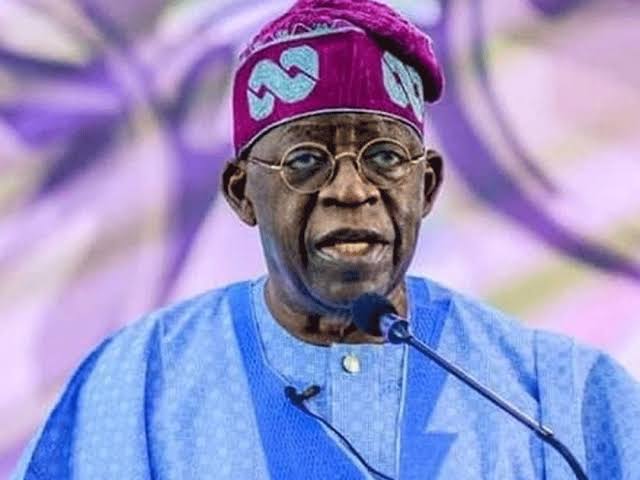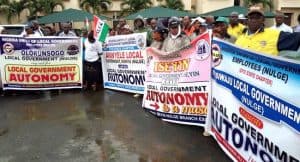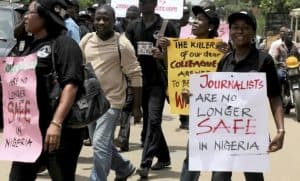
As Bola Ahmed Tinubu assumes the presidency today, the arduous phase of governance replaces the relatively easier campaign period. The nation eagerly anticipates the path the new administration will choose. Will it lean towards protectionist policies, such as the border closure that impacted trade with neighboring countries and worsened Nigeria’s economic situation? Or will Nigeria demonstrate its openness for business by adopting policies that encourage foreign investment?
The task at hand is formidable; while legal battles surrounding his victory remain ongoing, Nigeria’s pressing issues cannot wait. The workload is substantial and unrelenting.
First, assembling a capable cabinet will be crucial. Rekindling hope among Nigerians at home and abroad regarding the country’s future necessitates bringing together the best and brightest minds. Attention should be given not only to religious, gender, and ethnic considerations but also to striking a balance between technocrats and politicians. A cabinet overly dominated by politicians risks underperformance. Two key portfolios demanding expert leaders with strong credentials are Finance and Petroleum.
Once the cabinet is constituted, the next competent team will grapple with the myriad of challenging decisions required to revive Nigeria’s progress.
The call for reform cannot be ignored.
One of the immediate decisions to address is the termination of fuel subsidy. Governor Godwin Obaseki of Edo State recently warned that some states may be unable to pay salaries from June due to subsidy deductions from the federation account. The cost of maintaining subsidies is exorbitant, contributing significantly to escalating expenditures and petrol smuggling at the border.
Another subsidy that should be discontinued is the currency subsidy provided by the Central Bank of Nigeria. The substantial variance between official and parallel market rates creates opportunities for arbitrage. It has also led to declining capital influx and hindered foreign companies, including airlines, from conducting business in Nigeria. Eliminating these subsidies will pave the way for a more market-oriented economy, fostering faster economic growth to break Nigeria’s cycle of stagflation. Accelerated growth would bolster government revenues and alleviate the burden of debt. Currently, the ratio of debt service to revenue stands at an unsustainable 81%, as highlighted in Finance Minister Zainab Ahmed’s 2023 budget presentation. Bringing this figure under control—ideally to the World Bank-recommended limit of 22.5%—becomes another vital metric for the incoming administration. The Minister of Finance will spearhead this endeavor, requiring specific qualities detailed in this insightful overview.
These compulsory reforms await a president who lacks widespread popularity. Tinubu assumed the presidency with only 36% of the vote, an unprecedented scenario in the Fourth Republic. When 64% of voters did not cast their ballot in his favor and his party could only secure victory in 12 states—one-third of the federation—President Bola Ahmed Tinubu has little or no room for a honeymoon.
Consequently, the pressure to demonstrate progress within the first 100 days and beyond becomes even more pronounced. The manifesto set forth an ambitious target of 12% GDP growth. Central to achieving this objective is attracting increased foreign investment, which has dwindled to multi-year lows. Unfortunately, maintaining active petrol and currency subsidies impedes foreign investment inflows, something his predecessor has seen as an irresistible pill to spit out.
No doubt, the President would invest so much in meeting his 12% GDP growth target, a considerable amount in tackling insecurity and attracting foreign investment. The Nigeria Security Tracker published by the Council on Foreign Relations indicates that since June 2015, at least 63,000 individuals have lost their lives due to various acts of violence, including terrorism and kidnapping. Reducing insecurity becomes a crucial performance metric, considering it ranked as the most significant concern for Nigerians.
But for every challenge the new administration encounters, there are numerous opportunities waiting to be tapped.
Nigeria boasts a large, youthful, vibrant, and innovative population. Its diaspora, both financially and otherwise, maintains strong ties with the country. Abundant and valuable natural resources remain at its disposal. Many still have trust in the country’s democratic institutions and hope that it succeeds.
Nigeria’s situation is not irreparable. Embracing the courageous path of reform will garner support from both domestic and international sources. However, the window to initiate this process is narrow.








